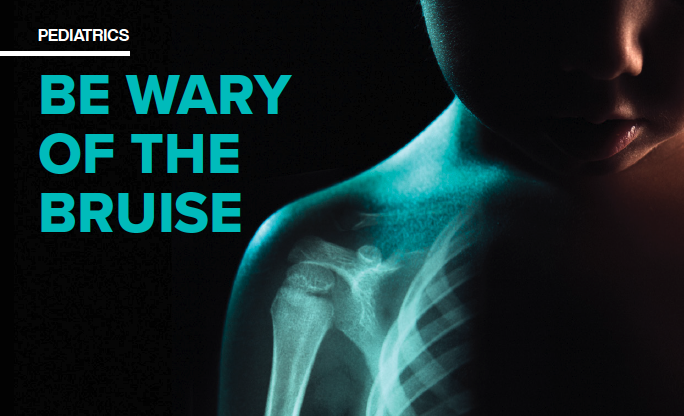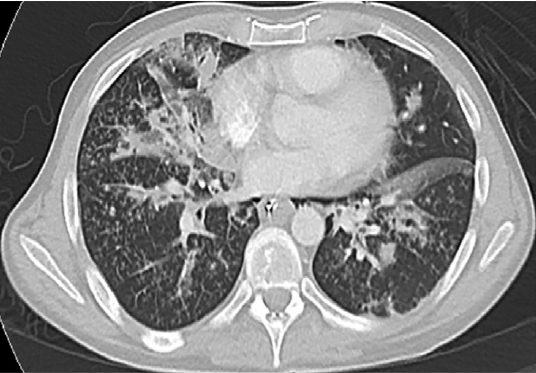EMRA Stands Firm in Support of Diversity, Equity, and Inclusion in Medical Education
March 29, 2024 | Download a PDF
On March 19, Congressman Greg Murphy, MD, (R-NC) introduced HR 7725 (EDUCATE Act),1,2 a bill aiming to eliminate diversity, equity, and inclusion (DEI) efforts in medical education, including graduate medical education (GME), through the targeted restriction of federal funding to medical schools. This action threatens the advancements made toward creating diverse and inclusive health care environments.
In response to Congressman Murphy's introduction of the EDUCATE Act, the Emergency Medicine Residents' Association (EMRA) reaffirms its unwavering support for incorporating DEI efforts into all aspects of medical education and health care delivery.
EMRA maintains a resolute commitment to ensuring that diversity, equity, and inclusion are woven into the fabric of our organizational priorities, as evidenced by the EMRA strategic plan and multiple EMRA policies.3,4,5 This commitment is reflected in our efforts to integrate DEI principles across all pillars of our work, including education, advocacy, and leadership, which in turn improves trainee experience and education, promotes innovation, advances medical research, and ultimately enhances patient care.
EMRA pledges to continue prioritizing diversity, equity, and inclusion across all initiatives, guaranteeing that our programs, policies, and advocacy efforts accurately represent the multifaceted needs and experiences of our members, as well as the patients we serve. We are fully prepared to support and lead innovative initiatives that promote DEI within the realm of emergency medicine and beyond, underlining our dedication to these principles that are fundamental to our mission and values.
As an organization dedicated to the advancement of emergency medicine, EMRA remains steadfast in its commitment to creating a more equitable, inclusive, and diverse health care landscape for all. We encourage all EMRA members and the larger EM community to oppose the EDUCATE Act and openly champion DEI initiatives within your education and work environments.
References
- HR 7725: To amend the Higher Education Act of 1965 to prohibit graduate medical schools from receiving Federal financial assistance if such schools adopt certain policies and requirements relating to diversity, equity, and inclusion. March 19, 2024. 118th Congress. Available at https://www.congress.gov/bill/118th-congress/house-bill/7725?s=1&r=2.
- Murphy Introduces Bill to Ban DEI in Medicine. 2024. Available at: https://murphy.house.gov/media/press-releases/murphy-introduces-bill-ban-dei-medicine. Accessed March 29, 2024.
- EMRA Policy Compendium. Section II.IV: Diversity and Inclusion. 2023. Available at: https://www.emra.org/siteassets/emra/about-emra/governing-docs/policycompendium-1-9-2024-october-2023.pdf.
- EMRA Policy Compendium. Section VI.XIII: Racially Equitable Language and Media in Education. 2023. Available at https://www.emra.org/siteassets/emra/about-emra/governing-docs/policycompendium-1-9-2024-october-2023.pdf.
- EMRA Strategic Plan 2022-2026. 2022. Available at: https://www.emra.org/be-involved/be-an-advocate/working-for-you/2022-2026-strategic-plan.
Related Content



Jun 11, 2021
Pulmonary Manifestations Following IV Injection of Crushed Suboxone: A Case of Excipient Lung Disease
Include excipient lung disease (ELD) in the differential diagnosis when evaluating and treating a patient with a history of intravenous drug use presenting with respiratory failure and typical findings on chest imaging.




